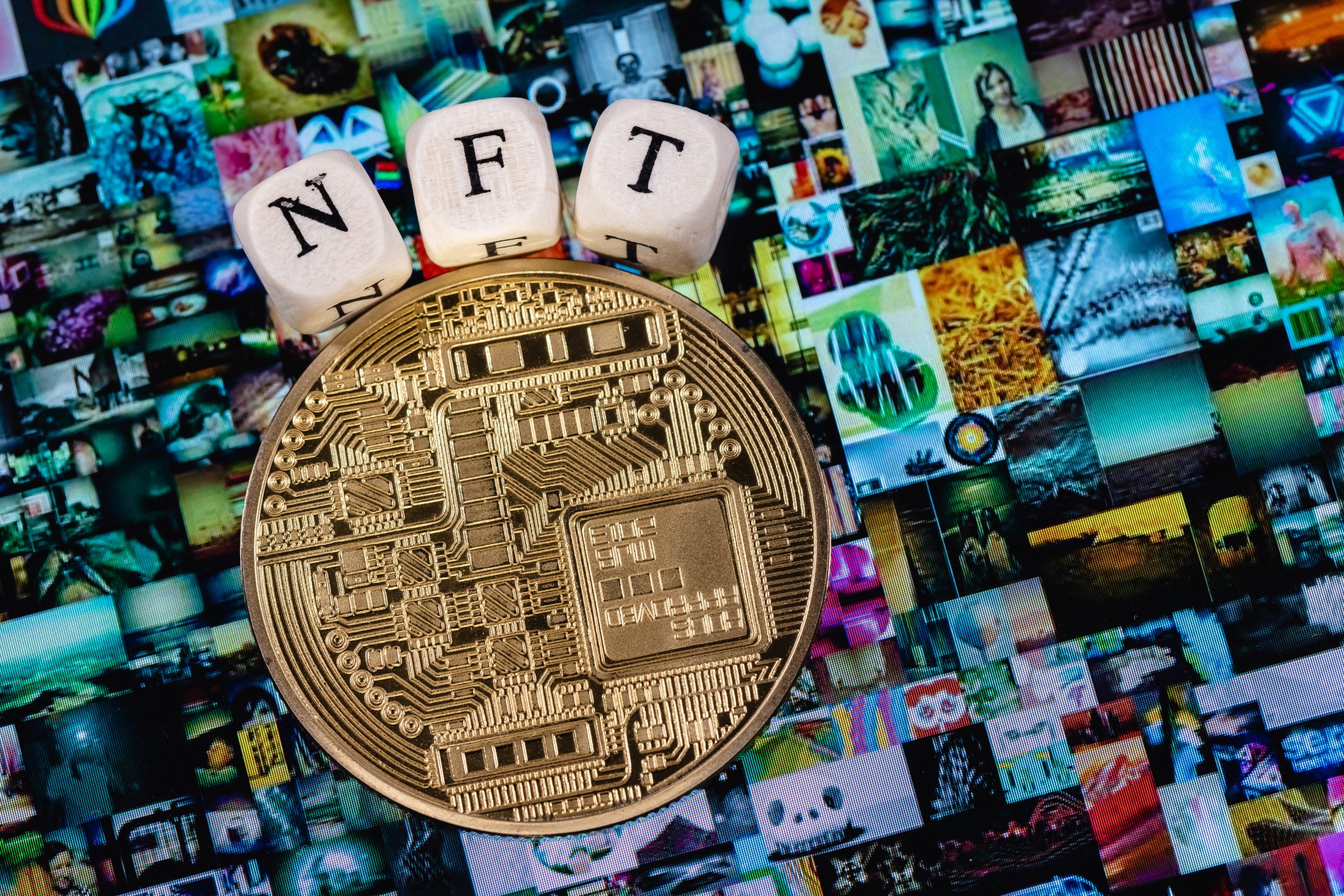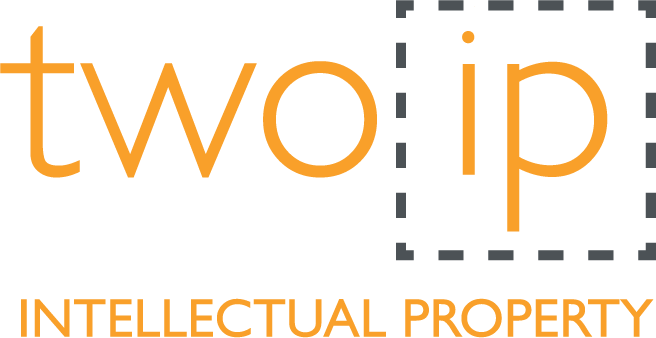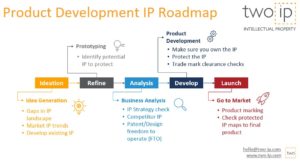
The popularity of non-fungible tokens (NFTs) and the provision of virtual goods, and services, in the metaverse continues to grow. So how can we protect trade marks for these new assets and services?
The UK Intellectual Property Office (UK IPO) has just issued new guidance on the classification of trade marks for NFTs, virtual goods, and services provided in the metaverse. The new guidance (set out in UK IPO Practice Amendment Notice (PAN) 2/23) has been prompted by a significant increase in applications filed at the UK IPO to register trade marks for these evolving goods and services, and it seeks to provide some clarity in this area.
Two IP trade mark attorney, Rachel Havard, discusses the new guidance and what it means for UK trade mark applications.
Non-fungible tokens/NFTs
The UK IPO defines these as “unique and unalterable digital authenticity certificates of ownership for virtual or physical assets such as art, collectibles and gaming”, adding the Cambridge Dictionary definition of them, as “a unique unit of data (the only one existing of its type) that links to a particular piece of digital art, music, video etc. and that can be bought and sold”.
The UK IPO will not accept “NFT” or “non-fungible token” as a specification term in its own right, especially due to the inextricable link of an NFT to an asset (usually digital) to which it relates, and as this would lead to a lack of clarity if the NFT is not stated as linked to a specific asset. The PAN confirms that the following would be acceptable in class 9:
- Digital art authenticated by non-fungible tokens [NFTs];
- Downloadable graphics authenticated by non-fungible tokens [NFTs];
- Downloadable software, namely, [list the type of goods], authenticated by non-fungible tokens [NFTs];
- Digital audio files authenticated by non-fungible tokens;
- Downloadable digital files authenticated by non-fungible tokens [NFTs].
It is recognised by the UK IPO that NFTs may not always relate to digital assets, and they might be used to authenticate physical goods. Thus, the following specification terms could be accepted, using the class to which the physical goods would be proper:
- Artwork, authenticated by non-fungible tokens [NFTs] [Class 16];
- Handbags, authenticated by non-fungible tokens [NFTs] [Class 18];
- Training shoes, authenticated by non-fungible tokens [NFTs] [Class 25].
Additionally, retail of NFTs in on-line market places could be acceptably covered by the following class 35 terms:
- Retail services connected with the sale of [e.g. virtual clothing, digital art, audio files] authenticated by non-fungible tokens;
- Provision of online marketplaces for buyers and sellers of goods and services which are authenticated by non-fungible tokens.
Other NFT descriptions may be acceptable, but would require consideration on a case-by-case basis, and to assess the most appropriate class for them.
Virtual goods
Virtual goods are seen by the UK IPO as consisting essentially of data such as images, which would be proper to class 9 rather than to classes where their physical counterpart might be found; but such terms would still need to comply with requirements of clarity and precision, to be acceptable. The UK IPO would therefore require clear definitions of what the goods are, such as:
- Downloadable virtual clothing, footwear, or headgear;
- Downloadable virtual handbags.
Virtual services, including those provided in the metaverse
In contrast with virtual goods, deemed acceptable by the UK IPO for placement in class 9, the UK IPO indicates that ability to provide some services by virtual means should not alter the class in which that service might historically have been placed, e.g. had it been provided in person. On this basis, the following services descriptions would be acceptable:
- Education and training services delivered by virtual means [class 41];
- Conducting interactive virtual auctions [class 35].
With the metaverse being a type of digital reality, where services might be provided just as they could be in the physical world, the UK IPO indicates that services provided in the metaverse could be protected in the same class as for more traditional forms of delivery. The following examples are given:
- Education and training services provided via the metaverse [class 41];
- Conducting interactive auctions via the metaverse [class 35].
The UK IPO identifies limitations to this approach in case, say, a trade mark were sought to be registered for the provision of food and drink in the metaverse: the traditional form of these services would be placed in class 43, but this is seen as inappropriate for metaverse equivalents where the food or drink is to be “consumed” inside the metaverse, e.g. by an avatar, rather than physically consumed outside of it, albeit where the food or drink might have been ordered by virtual means. Examiners are likely to seek further clarification if a service is specified for provision via the metaverse, if not immediately apparent that the service itself could be provided within the metaverse.
There is potential, too, for services to fall into a more general category, such as:
- Entertainment services, namely, provision of a virtual reality or metaverse based simulation gaming service.
Responding to official objections or avoiding them from the outset
Should specifications of goods and/or services require further clarification in an Examiner’s view, they will set a two-month period for response and with the applicant also having the right to a hearing.
The UK IPO is returning to its previous swift turnaround times in examination of trade mark applications, but it is preferable to pre-empt or avoid objections wherever possible, including with careful drafting of specifications of goods and services prior to the filing of new applications.
Two IP’s chartered trade mark attorneys are well equipped to assist you in reviewing the goods, services, and market of interest to you, and in making appropriate preparations for as smooth an application process as possible when seeking to protect your trade marks. Get in touch here or email hello@two-ip.com





